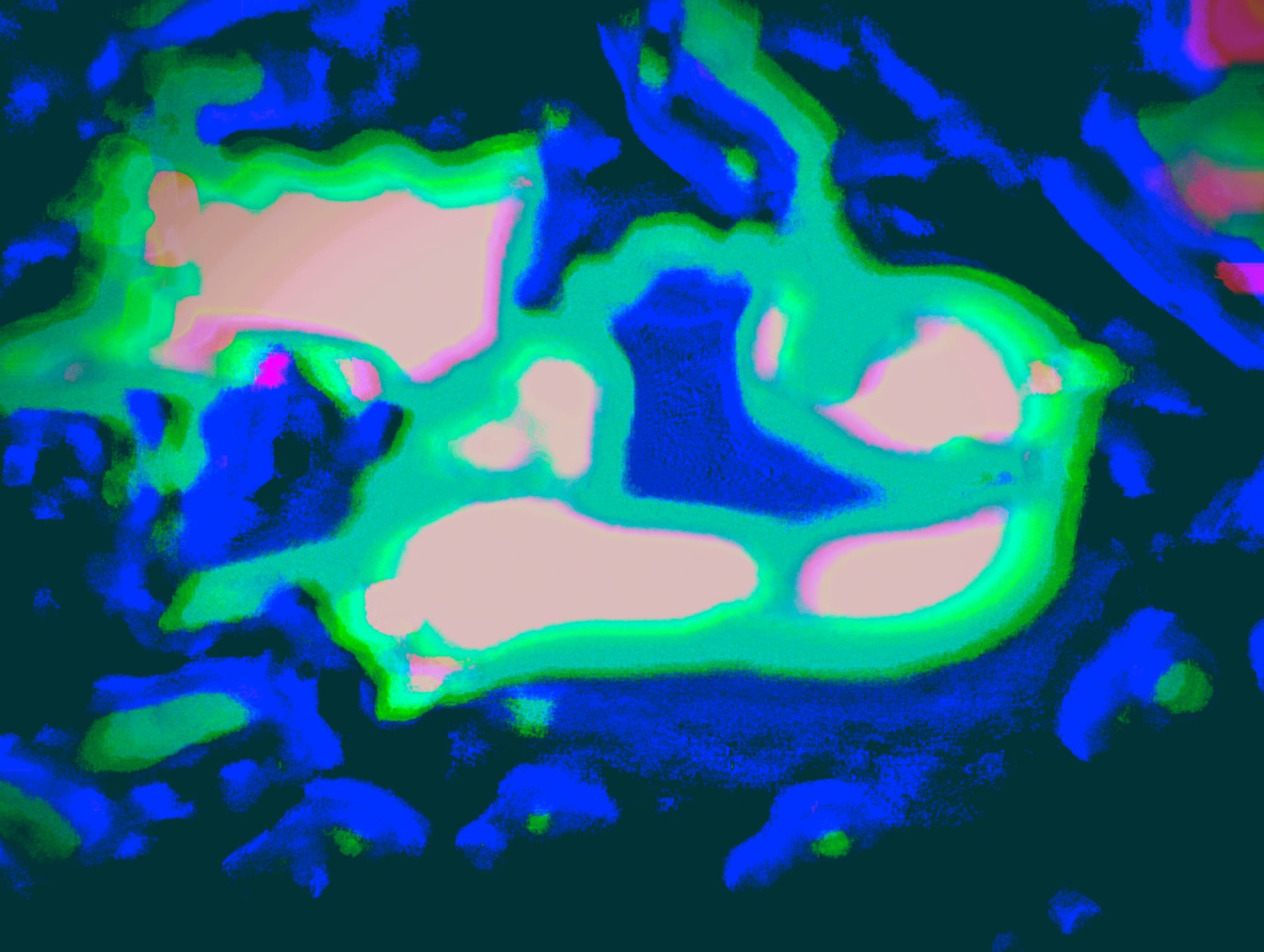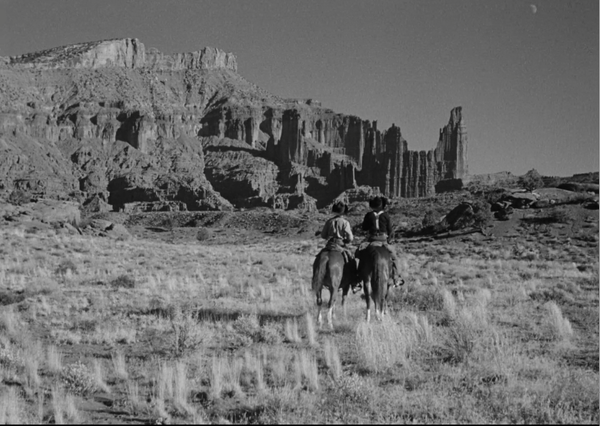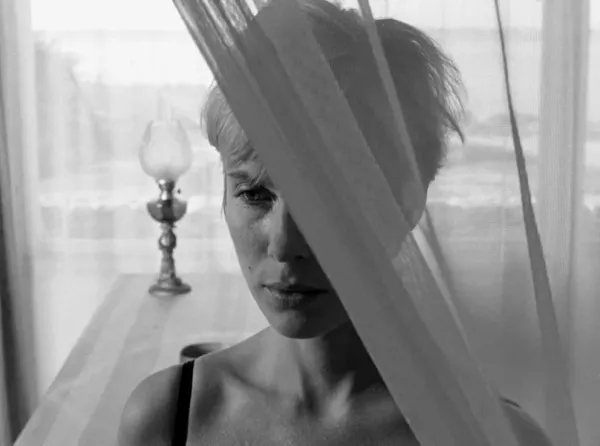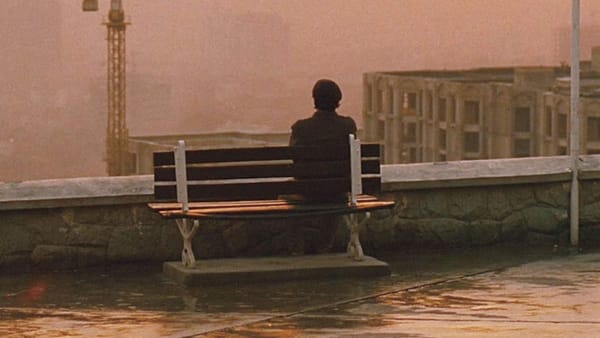Memories Untouched
By Nikhil Waiker (as part of The Parallel Cinema Club’s Curator Selections)

“Imagine an eye unruled by man-made laws of perspective, an eye unprejudiced by compositional logic, an eye which does not respond to the name of everything but which must know each object encountered in life through an adventure of perception. How many colors are there in a field of grass to the crawling baby unaware of "Green"? How many rainbows can light create for the untutored eye? How aware of variations in heat waves can that eye be? Imagine a world alive with incomprehensible objects and shimmering with an endless variety of movement and innumerable gradations of color. Imagine a world before the beginning was the word.”
-Stan Brakhage (from Metaphors on Vision)
Memories are possibly our biggest enigmas. We live with them, create them, rejoice and cry over them, and most importantly, foster them. In cinema, memories are both internalised and externalised (sometimes simultaneously) - meaning that they look inward into the anatomy of our psyches, while also journaling a history of our worlds. Some filmmakers tend to go a step further in this “genre”. They philosophise, through cinema, the general mechanics of the genesis, assimilation, and the subsistence of memories. There is however, an instrumental limitation in cinema. The active dynamism of thought - the biological process of morphing from one thought to another with chains linking them linearly, and the stimulus engaging with them peripherally. This cannot be constructed with a healthy respect to the abstract nature of thought. This problem is not a technical or a creative limitation, but rather, a limitation in the form of art itself stemming from the limited dimensions offered by cinema, and our limited understanding of our minds.
This was my longstanding opinion on cinema until I came across a few filmmakers who braved through experiment and creative epistemology, and with the use of simple cinematic techniques - created films on thought and the physiological process of it. Pioneers like Brakhage, Ort, Elder, leGrice and Mekas using simple tonal montages, vibrant colours, and rapid intercutting formed a visual language that religiously respects the abstraction while also offering their philosophical rationale on thought.
This curation, in essence, is my discovery of a long held boundary in cinema broken by these experimentalists, and breaking forth to a new frontier. I present this curation with the hope that the boundaries in cinema that you hold to be pushed to new frontiers.
The curation is designed to grow increasingly complex with the construction and constitution of thoughts and memories. We begin with singular, internalised thoughts projected onto cinema, and move towards growing intricacies in the generation and influence of these thoughts. We span through existentialism, love, and memories of a time that used to exist. Films going towards the final week of the curation will gradually turn into collectivised history of our worlds, and then, our universe. The curation is intended to build a deep appreciation for the complexities of the microcosmic, while also humbling us against a larger macrocosm. As Richard Feynman would put it, “I, a universe of atoms, an atom in the universe”.
Here are the films from the curation:
Week 1:
Mothlight and Dog Star Man by Stan Brakhage (Tuesday - Underline Center).
The Journey to Mexico by Teo Hernández; L’Homme Atlantique by Marguerite Duras; La Jetèe by Chris Marker (Thursday - Cafe de Verde)
As I Was Moving Ahead, Occasionally I Saw Brief Glimpses of Beauty by Jonas Mekas (Sunday - Shoonya).
Week 2:
Agatha and The Limitless Readings by Marguerite Duras (Tuesday - Underline Center)
Love Must Love by Myron Ort; Artemide's Knee by Jean-Marie Straub; Little Dog for Roger by Malcolm LeGrice; Grandpeare’s Pear by Stephen Dwoskin (Thursday - Cafe de Verde)
Magazine Mouth and Reels from Five Year Diary by Anne Marie Robertson (Sunday - Shoonya)
Week 3:
Of Time and City by Terrance Davies (Tuesday - Underline Center)
Illuminated Texts by Bruce Elder (Thursday - Cafe de Verde).
Segments of the “Ecosystem” series by Teruo Koike.
By The Parallel Cinema Club




